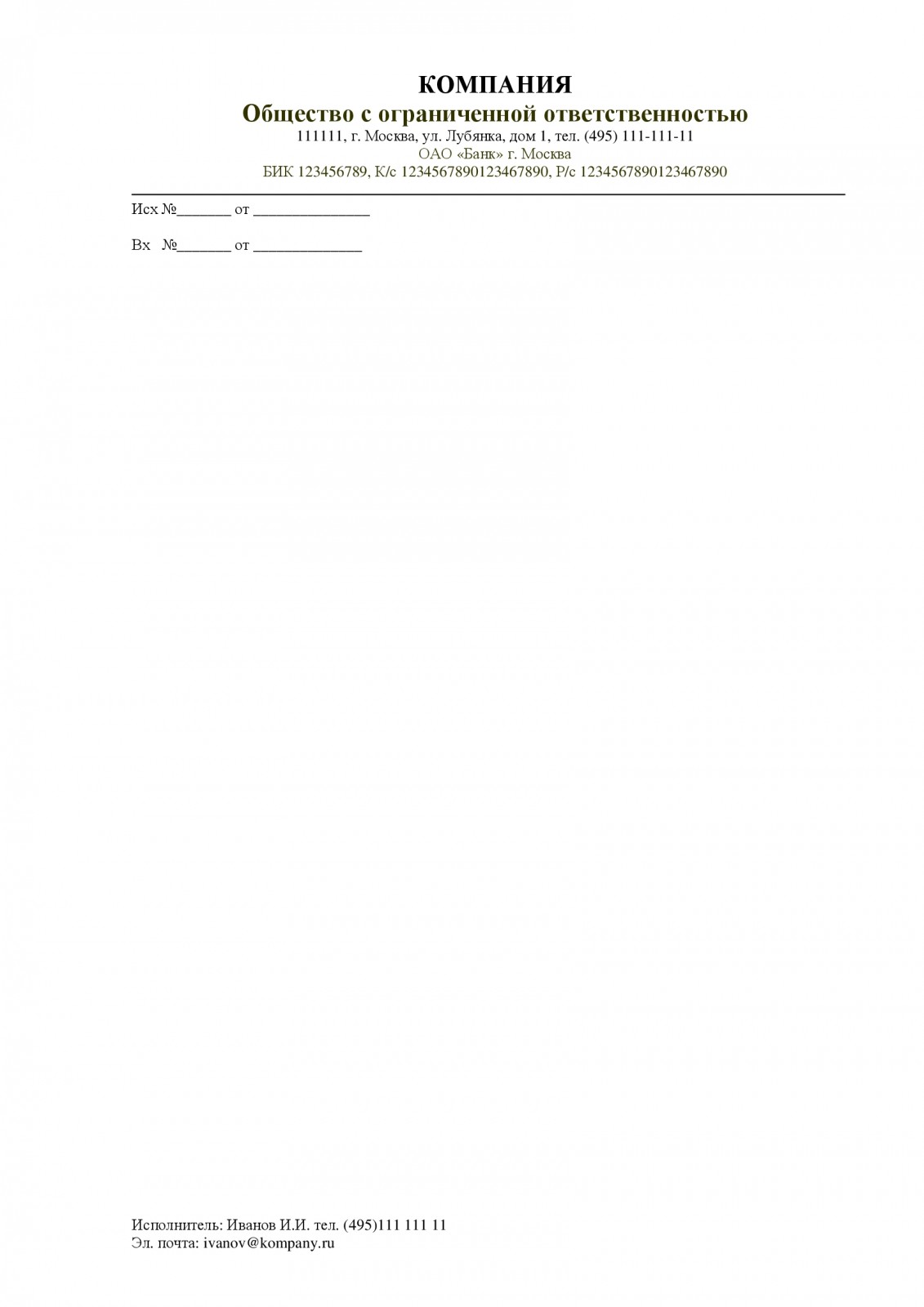Firmennij Blank Obrazec Uzbekistan

Summer flight schedule – 2017 (from to ) Tashkent, Uzbekistan Frankfurt – Tashkent Day Number Departure Arrival Aircraft Monday HY-232 11:40 20:40 Boeing 764 Thursday HY-232 11:40 20:40 Boeing 764 Saturday HY-232 11:40 20:40 Boeing 764 Tashkent – Frankfurt Day Number Departure Arrival Aircraft Monday HY-231 05:45 09:40 Boeing 764 Thursday HY-231 05:45 09:40 Boeing 764 Saturday HY-231 05:45 09:40 Boeing 764 Ticket Price: Economy Class: from 526,- EUR incl. Tax 92,- EUR Business Class: from 1536- EUR incl. TAX 92,- EUR Winter timetable Tashkent, Uzbekistan 2018 -2019 (from to ) Winter timetable will be updated from July!!!
Winter timetable Tashkent, Uzbekistan 2018 -2019 (from to ) Winter timetable will be updated from July!!! Airports; Hotline +49 (0) 69 257 88 981 (Germany) The weather. Weather Tashkent. Frankfurt am.
• • • The Republic of Uzbekistan is a constitutional republic, whereby the is both. Ruzbeh bharucha daughter. Is exercised by the.
Legislative power is vested in the two chambers of the Supreme Assembly, the and the. The judicial branch (or judiciary), is composed of the,, and that exercises. The movement toward economic reform in has not been matched by movement toward political reform. The government of Uzbekistan has instead tightened its grip since independence (September 1, 1991), cracking down increasingly on opposition groups. Although the names have changed, the institutions of government remain similar to those that existed before the breakup of the.
The government has justified its restraint of public assembly, opposition parties, and the media by emphasizing the need for stability and a gradual approach to change during the transitional period, citing the conflict and chaos in the other former republics (most convincingly, neighboring ). This approach has found credence among a large share of Uzbekistan's population, although such a position may not be sustainable in the long run. Despite the trappings of institutional change, the first years of independence saw more resistance than acceptance of the institutional changes required for democratic reform to take hold. Whatever initial movement toward existed in Uzbekistan in the early days of independence seems to have been overcome by the inertia of the remaining Soviet-style strong centralized leadership. Contents • • • • • • • • • • • Independence [ ] In the Soviet era, Uzbekistan organized its government and its local communist party in conformity with the structure prescribed for all the republics. The (CPSU) occupied the central position in ruling the country.

The party provided both the guidance and the personnel for the government structure. The system was strictly bureaucratic: every level of government and every governmental body found its mirror image in the party. The instrument used by the CPSU to control the bureaucracy was the system of, a list of sensitive jobs in the government and other important organizations that could be filled only with party approval. The nomenklatura defined the Soviet political leadership, and the people on the list invariably were members of the CPSU. Following the failure of the against the government of in in August 1991, Uzbekistan's declared the independence of the republic, henceforth to be known as the Republic of Uzbekistan.